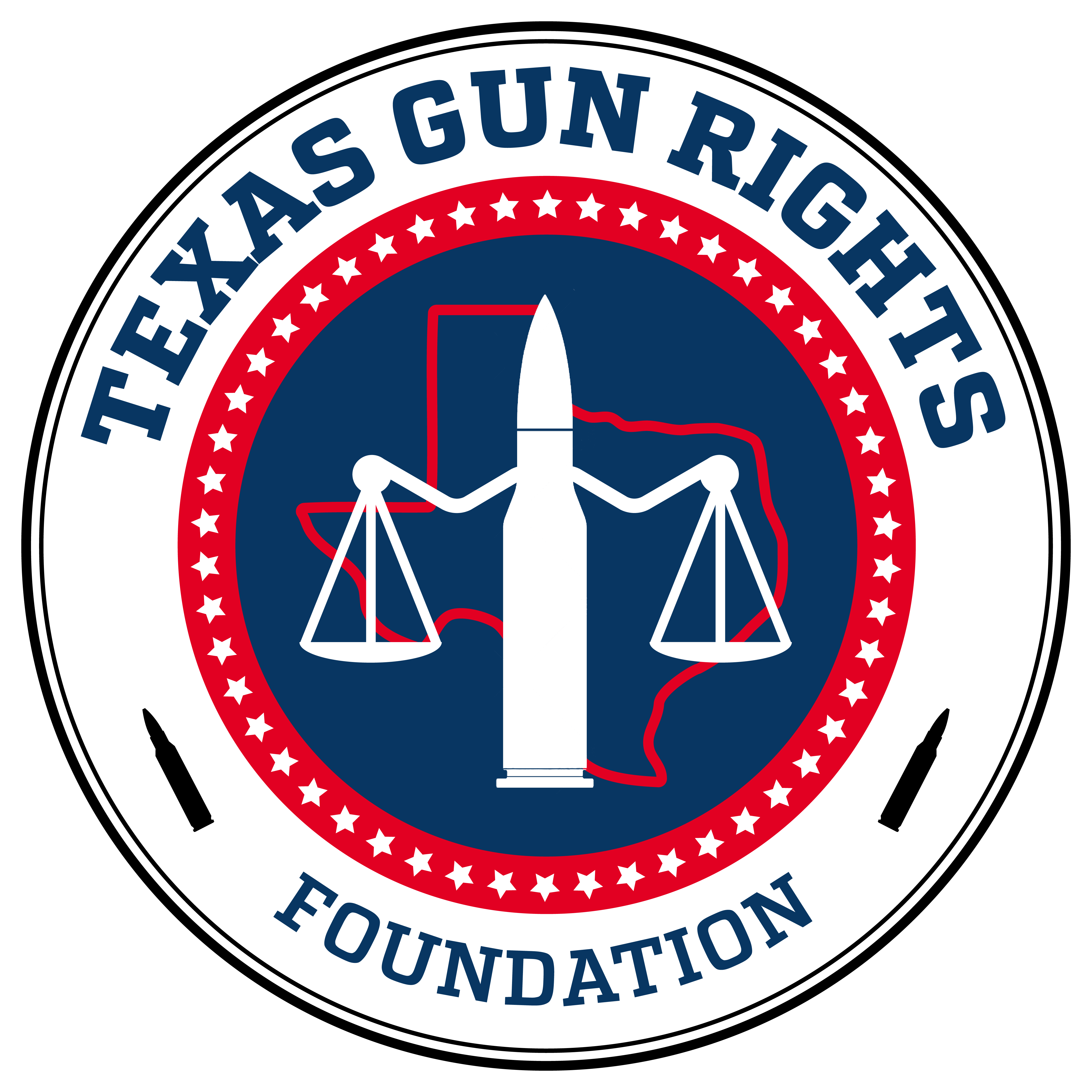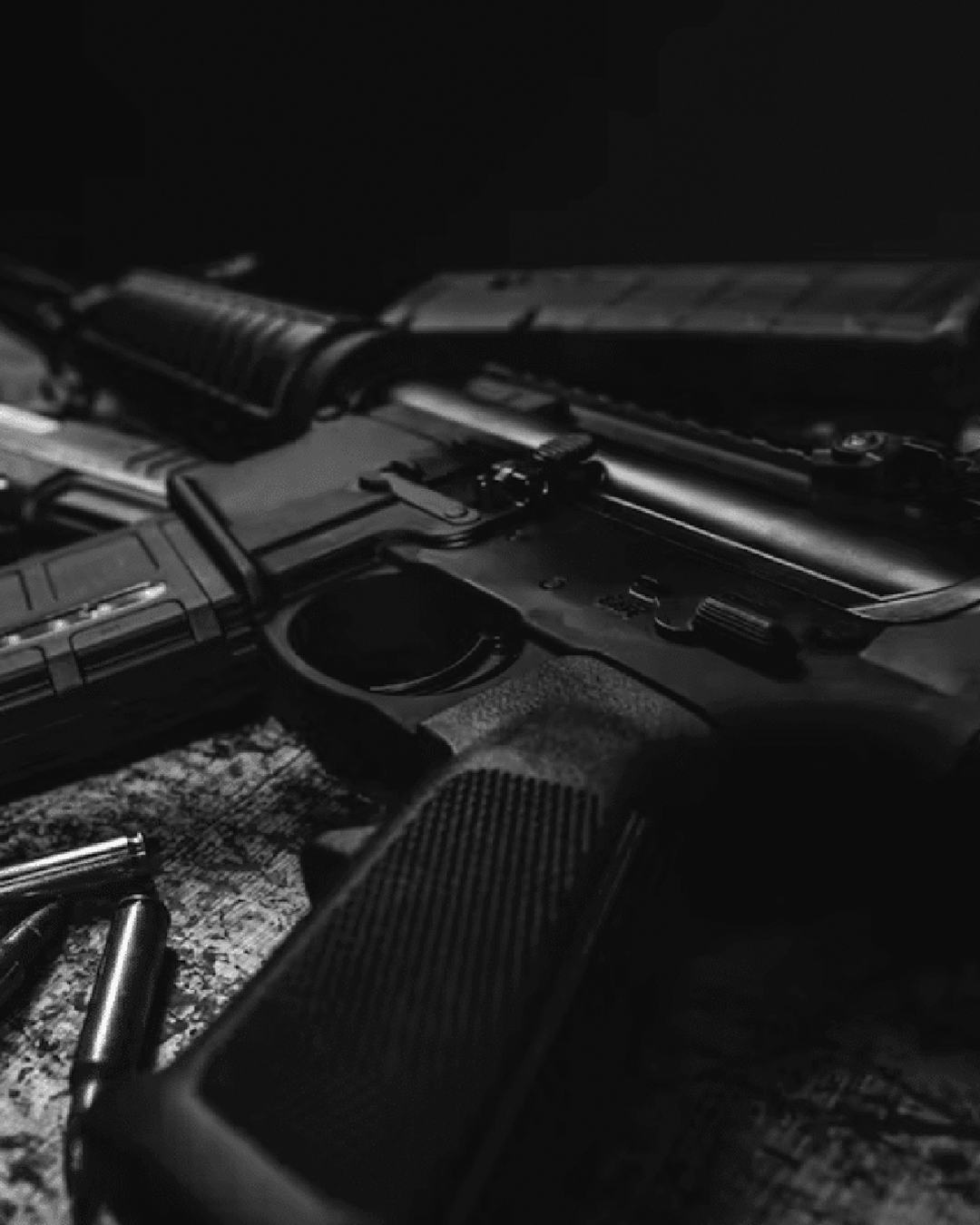The Dangers of Universal Gun Registration: Examining the Gateway through Universal Background Checks
Universal Gun Registration has become a contentious issue in the ongoing debate surrounding gun control. While its proponents argue that it enhances public safety and prevents illegal firearms transfers, opponents highlight the potential risks it poses to privacy, Second Amendment rights, and the establishment of a de facto gun registry. In this post, we will explore the concerns associated with Universal Gun Registration, specifically how Universal Background Checks conducted through the National Instant Criminal Background Check System (NICS) can serve as a stepping stone toward the creation of such a registry.
Universal Background Checks and the Slippery Slope
Advocates often present Universal Background Checks as a common-sense approach to keep firearms out of the hands of criminals. However, critics contend that expanding background checks to encompass private sales and transfers lays the groundwork for potential future implementation of Universal Gun Registration. By widening the scope of background checks, the government gains access to an extensive repository of information on law-abiding gun owners, raising concerns about privacy and the potential for abuse.
The Creation of a De Facto Gun Registry
While federal law explicitly prohibits the establishment of a centralized national gun registry, opponents argue that Universal Gun Registration can be indirectly achieved through the collection of detailed information during background checks. The data retained by NICS, including firearm make, model, and serial numbers, could be exploited if the government were to gain access to these records. This raises serious concerns about privacy infringement and the possibility of targeting specific individuals or groups based on their firearm ownership.
False Positives and Ineffectiveness
One of the significant criticisms of Universal Background Checks conducted via NICS is the high rate of false positives. In fact, it has been reported that over 94% of firearms purchase denials are due to false positive results. False positives refer to when law-abiding citizens’ names get mixed and matched with criminals who share a similar name, which results in them being unjustly deprived of their right to bear arms.
This alarming statistic highlights the inefficiency of the system in accurately identifying individuals who pose a legitimate threat, leading to the unjust denial of law-abiding citizens’ rights. This ineffectiveness further undermines the argument for Universal Gun Registration as a solution to preventing crime.
Limited Oversight and Potential Government Overreach
Another concerning aspect of Universal Background Checks and the associated Form 4473 is the requirement for Federal Firearms Licensees (FFLs) to submit these forms to the government when they go out of business. The transfer of these records, which contain sensitive personal information about gun owners, raises questions about data security and the potential for unauthorized access or misuse. Moreover, the limited oversight of these records once they are in the hands of the government heightens concerns about privacy breaches and the potential for government overreach.
Stigmatization and Discrimination
Universal Gun Registration can result in stigmatization and discrimination against gun owners. As registration data becomes accessible to the public or specific entities, individuals who exercise their Second Amendment rights may face social stigma, prejudice, or even targeted discrimination. Such repercussions can deter individuals from exercising their rights and infringe upon their freedom to own firearms responsibly.
Ineffectiveness in Reducing Crime
Studies and empirical evidence have shown that Universal Gun Registration does not effectively reduce crime rates or prevent firearms-related violence. Criminals, by definition, do not comply with registration requirements, and law-abiding citizens should not bear the burden of additional regulations that yield little to no tangible benefits in terms of public safety.
Slippery Slope to Confiscation
History has shown that Universal Gun Registration has often been a precursor to more stringent gun control measures, including firearm confiscation. Once the government has detailed information on gun owners, it becomes easier for them to implement policies that restrict or prohibit certain firearms. This erosion of our Second Amendment rights undermines our ability to defend ourselves, our loved ones, and our property.
Criminal Targeting
A comprehensive gun registry creates a desirable target for criminals seeking to obtain firearms illegally. A centralized database of law-abiding gun owners becomes an attractive resource for criminals looking to steal or purchase guns on the black market. Universal Gun Registration undermines the very purpose of firearms ownership – to protect ourselves and deter criminal activity.
Conclusion
The debate surrounding Universal Gun Registration and Universal Background Checks is complex and multifaceted. While supporters argue that such measures promote public safety, it is crucial to consider the potential dangers they pose to individual privacy, Second Amendment rights, and the eventual creation of a de facto gun registry. The high rate of false positives in NICS denials further emphasizes the system’s flaws and casts doubt on its effectiveness. Additionally, the transfer of Form 4473 records to the government without robust oversight raises valid concerns about privacy and the potential for government overreach. As responsible citizens, it is essential to engage in informed discussions and advocate for policies that respect both individual rights and public safety.

